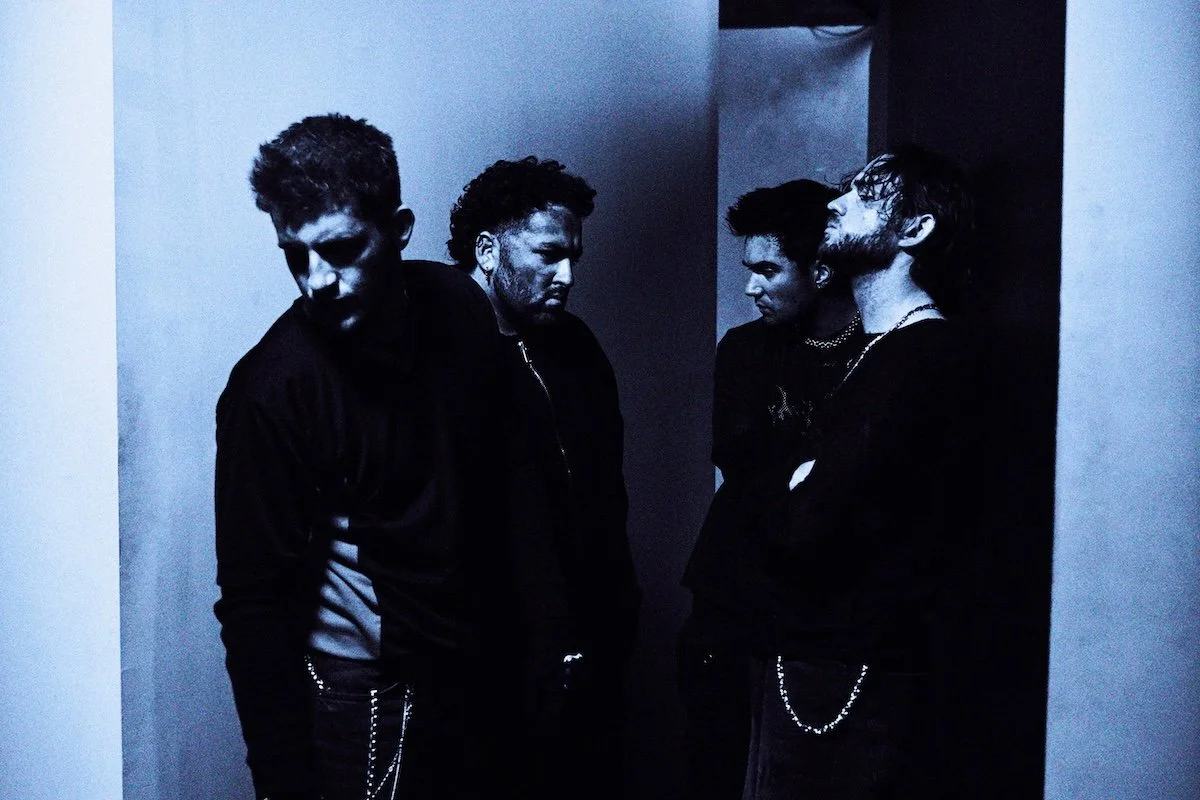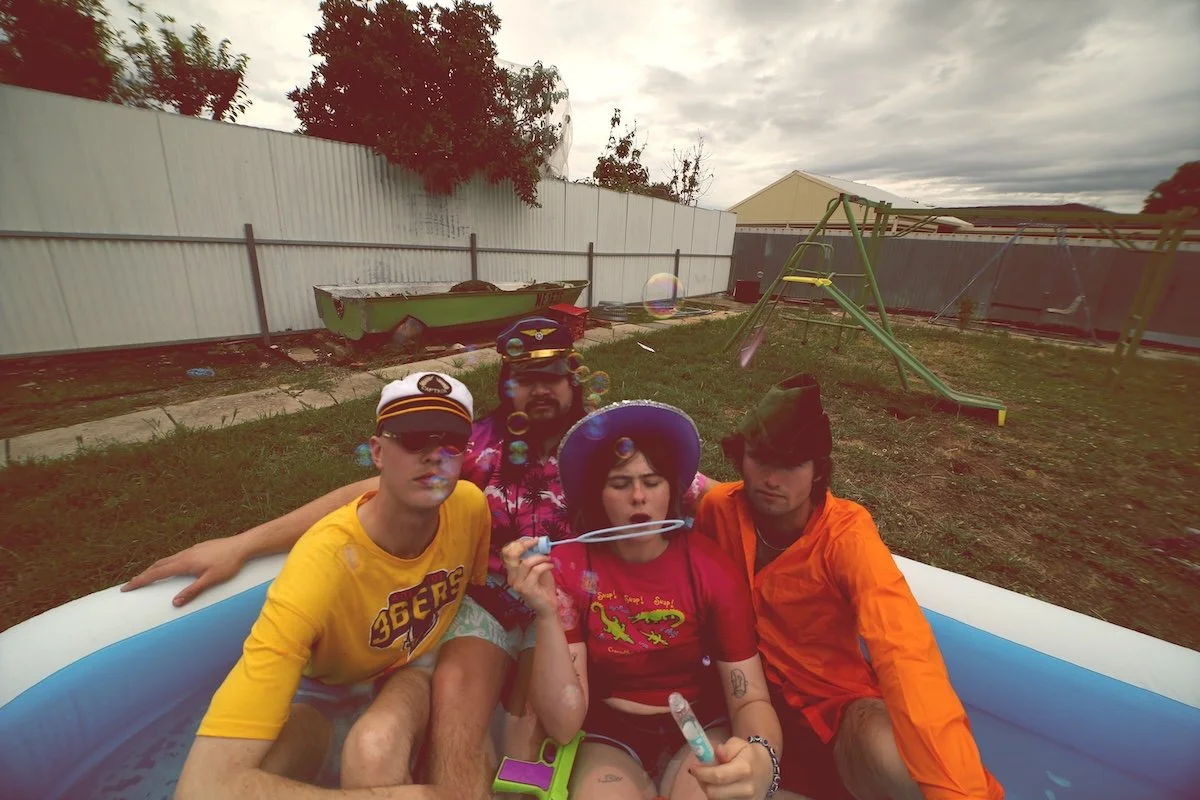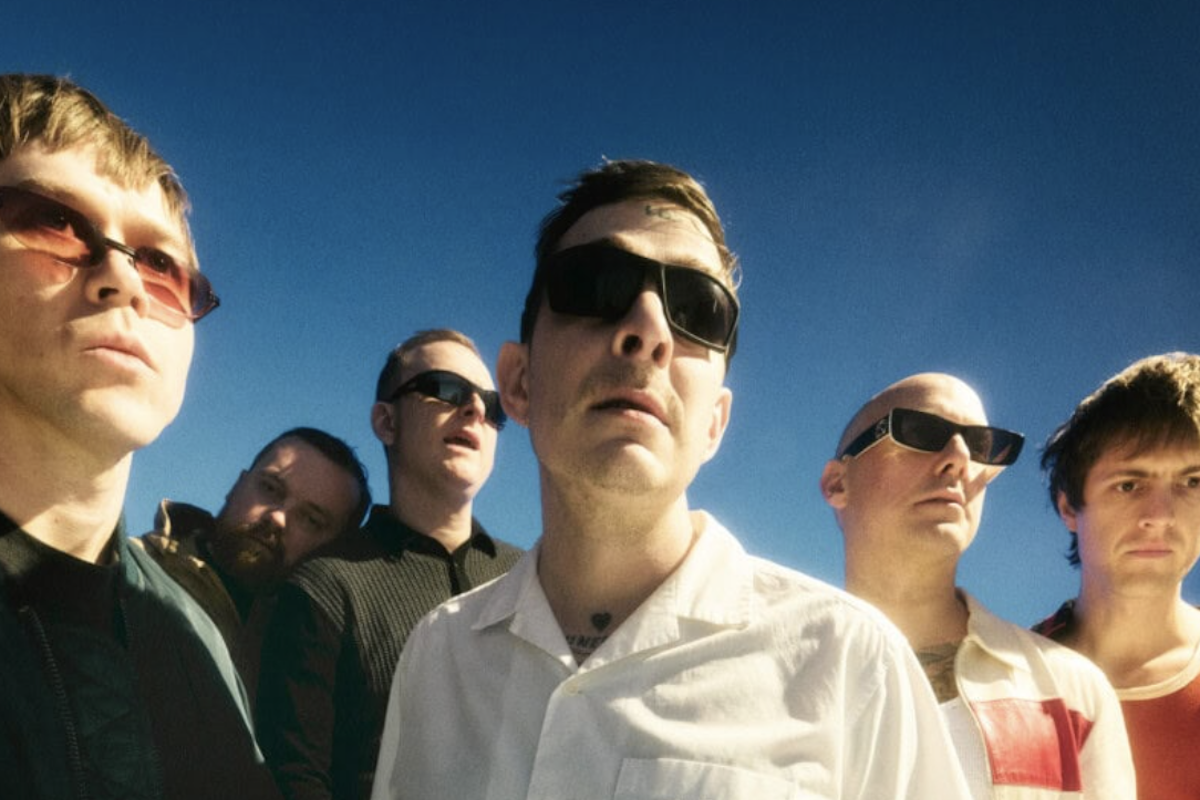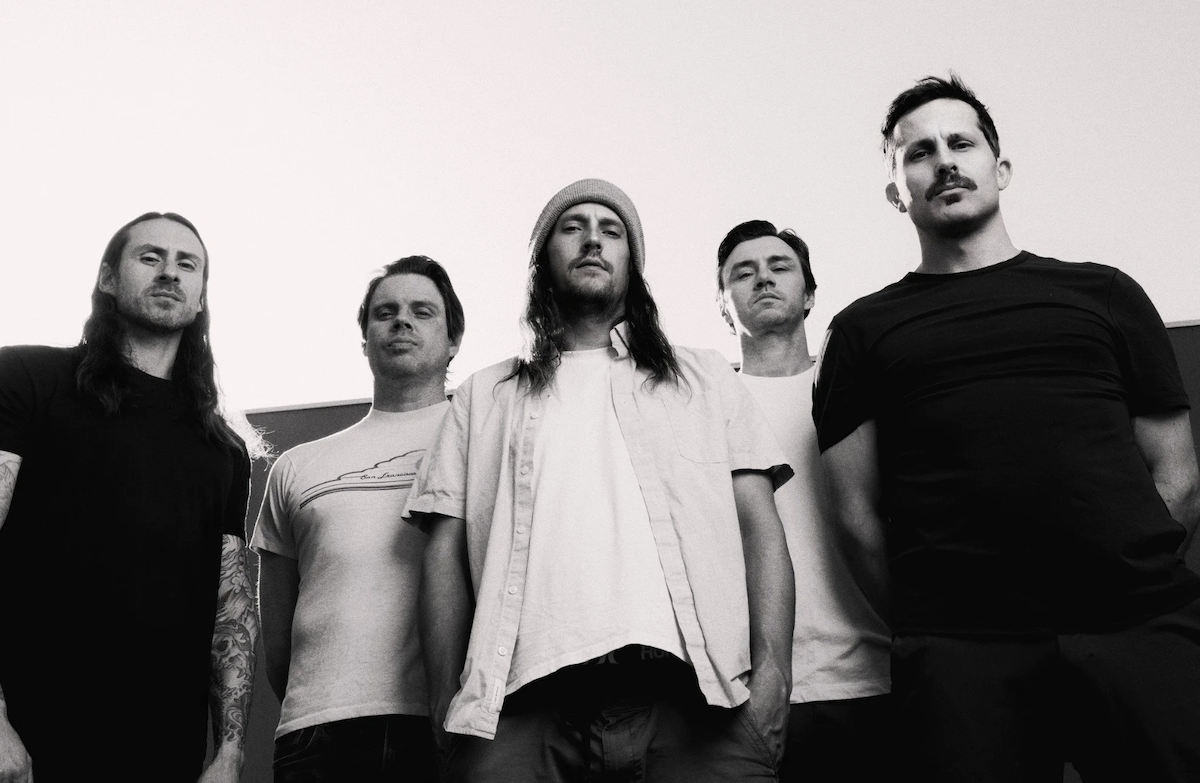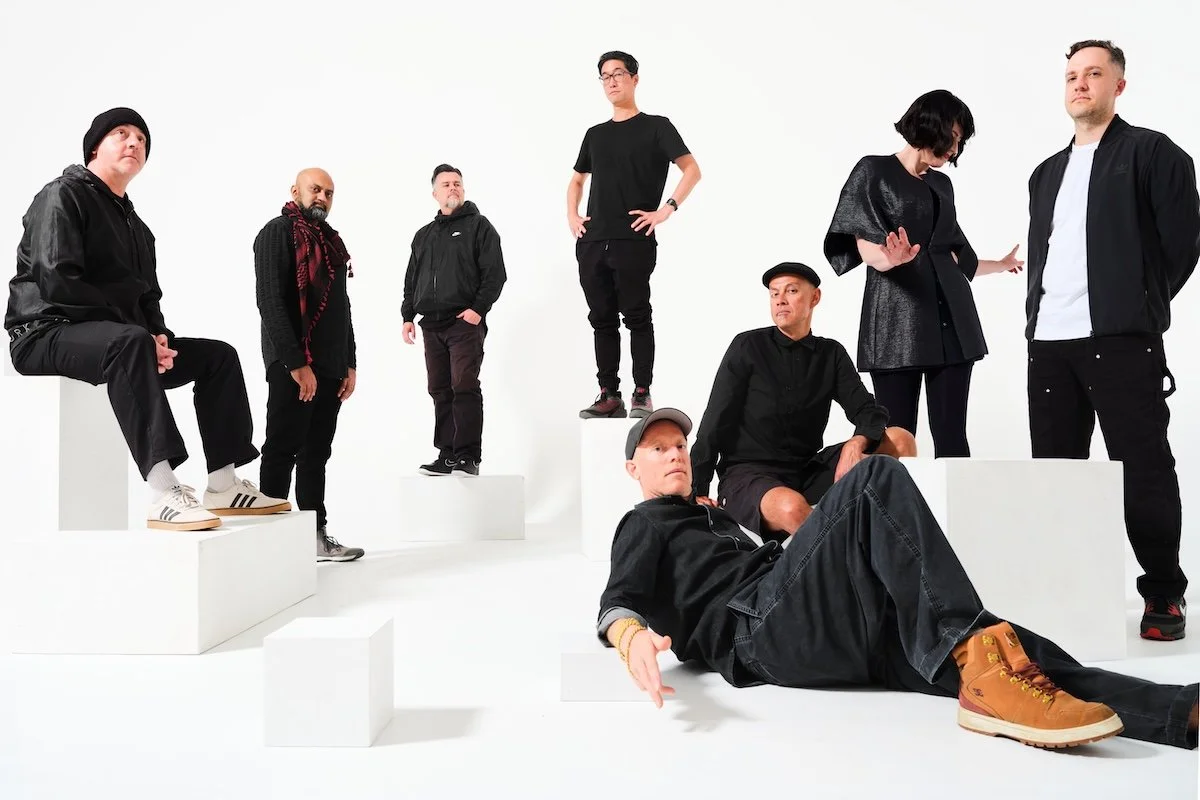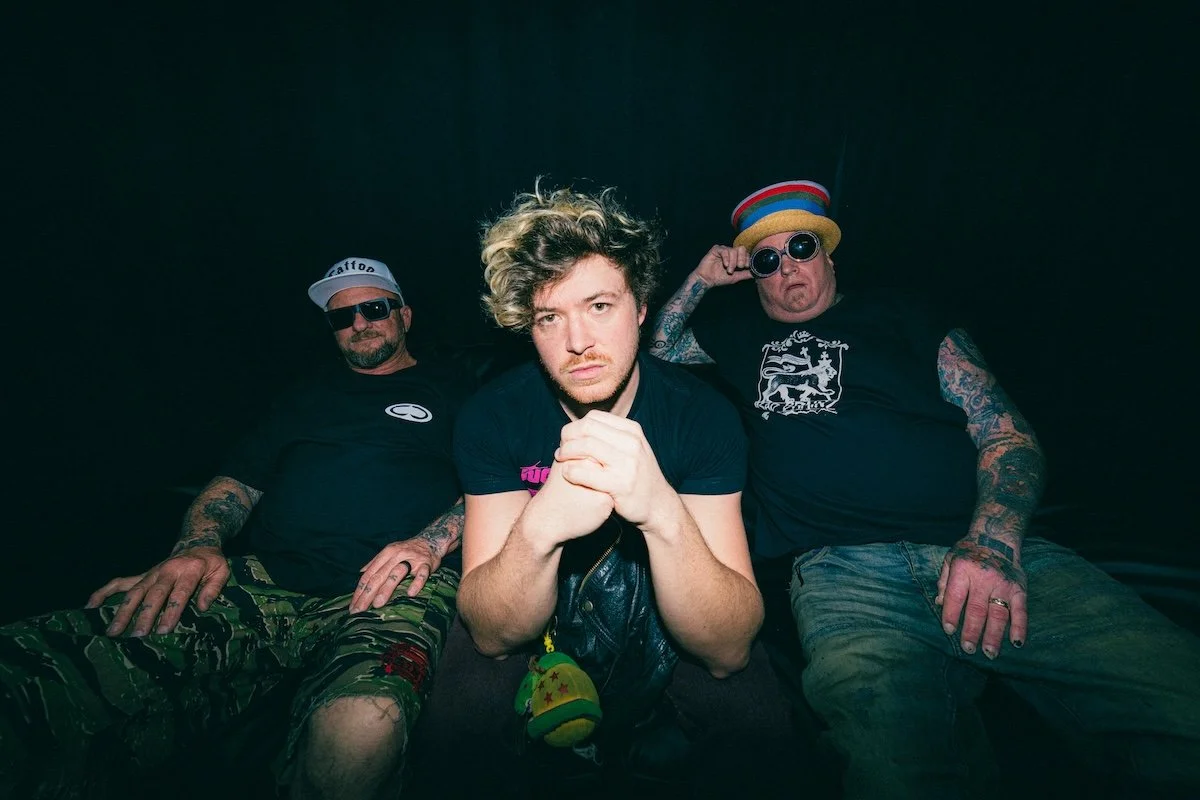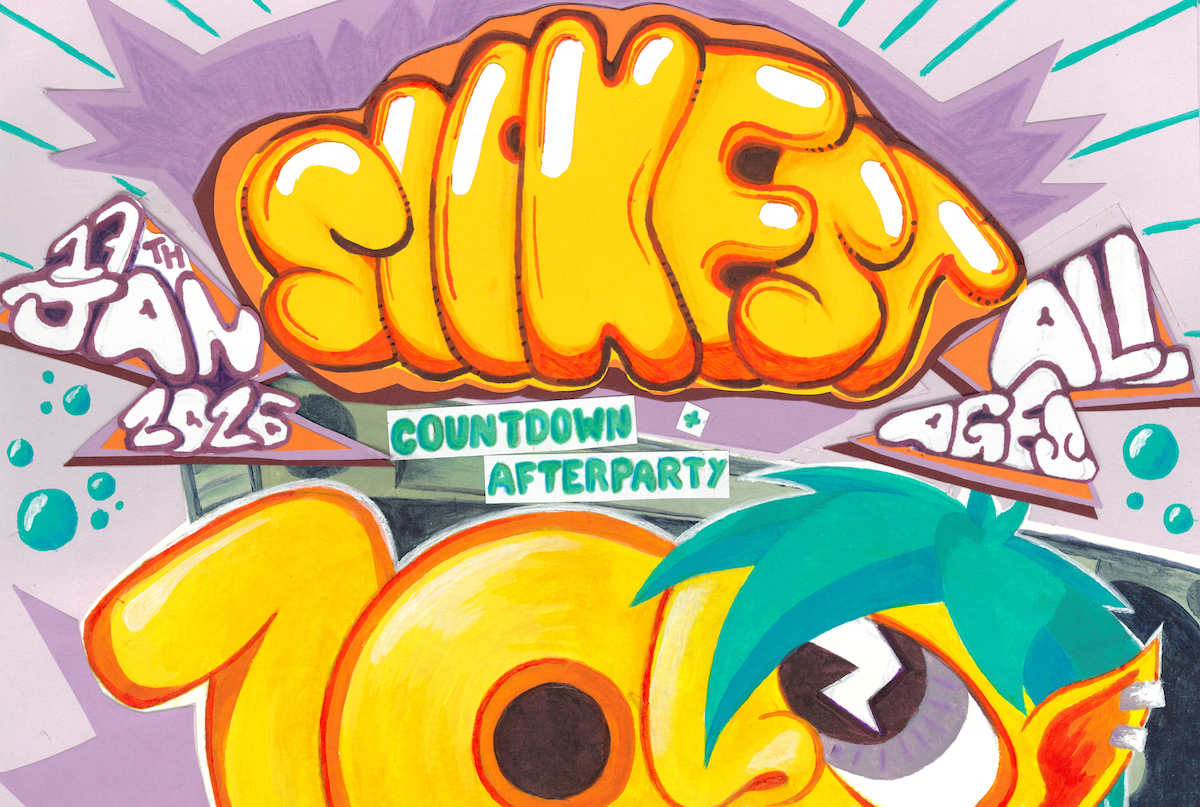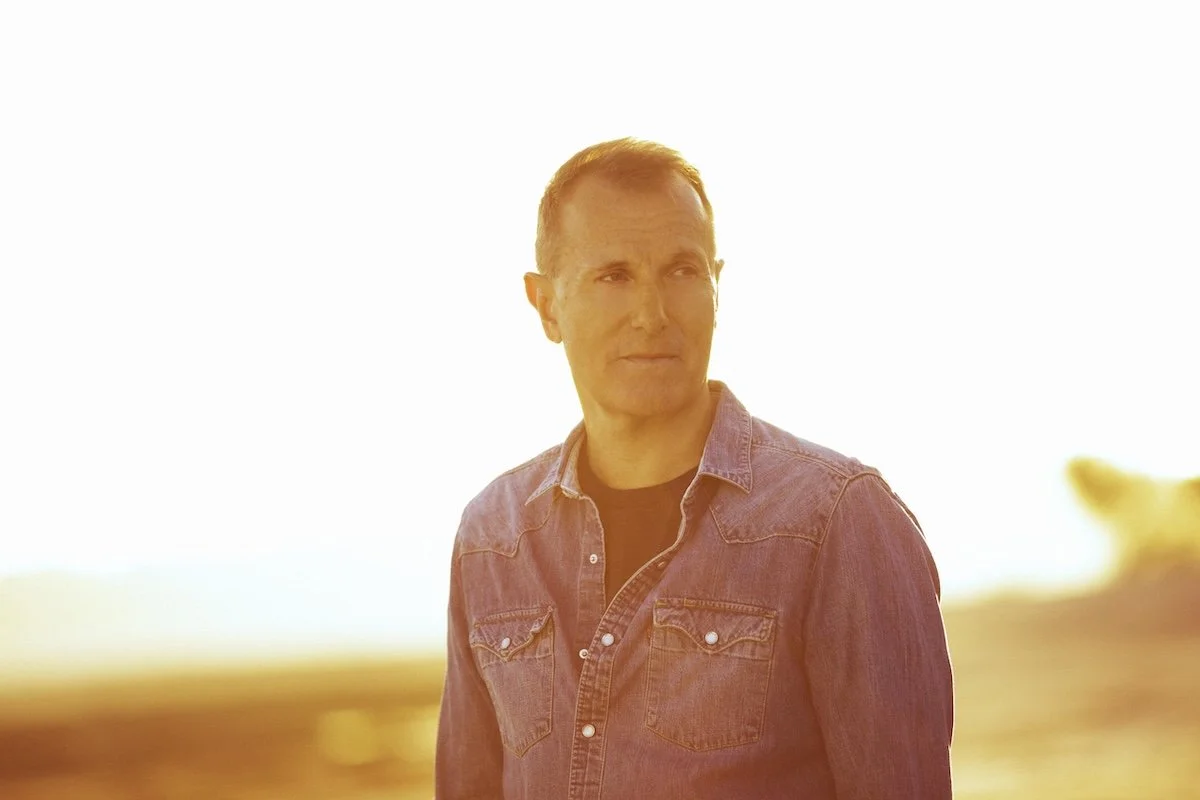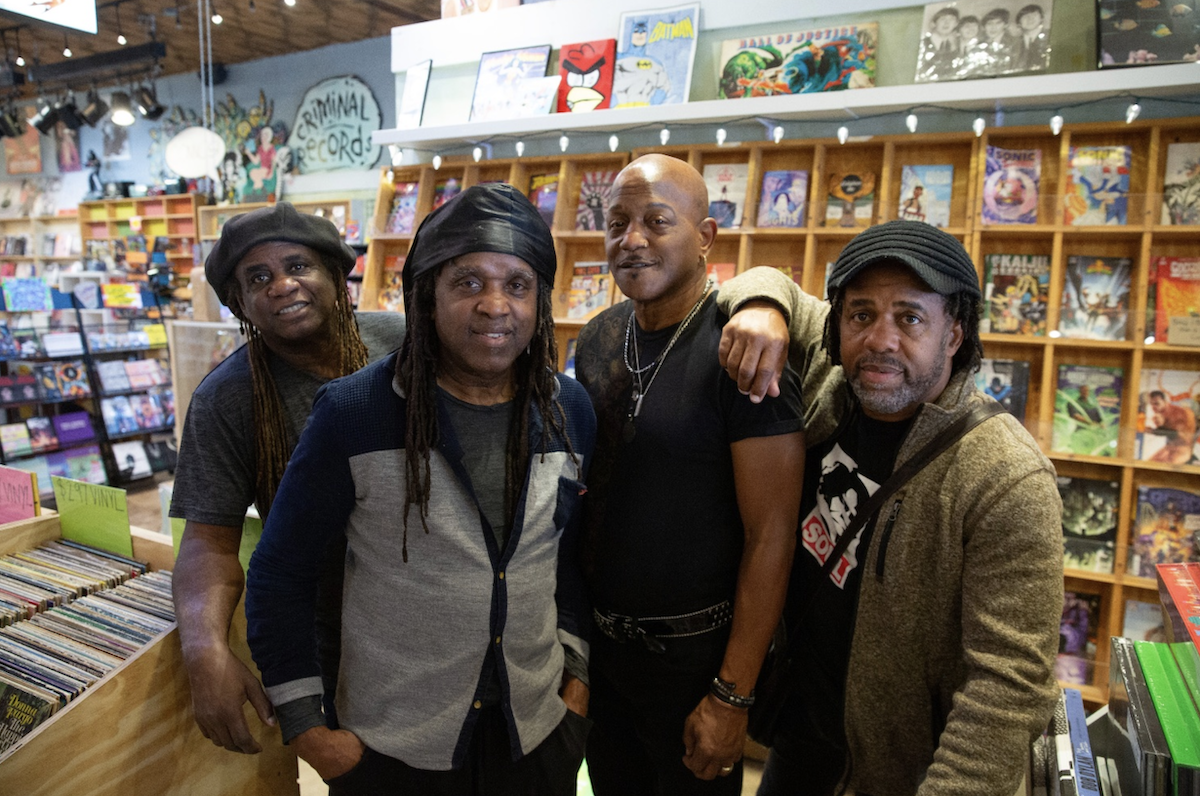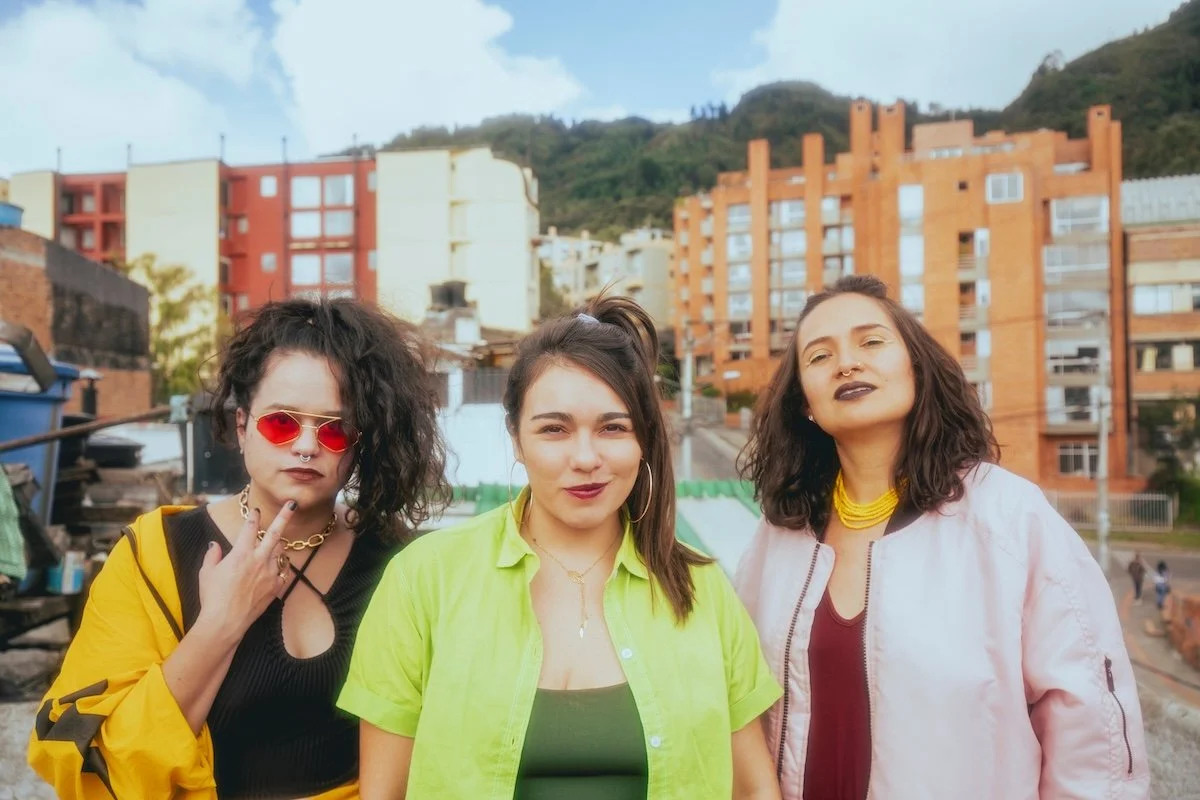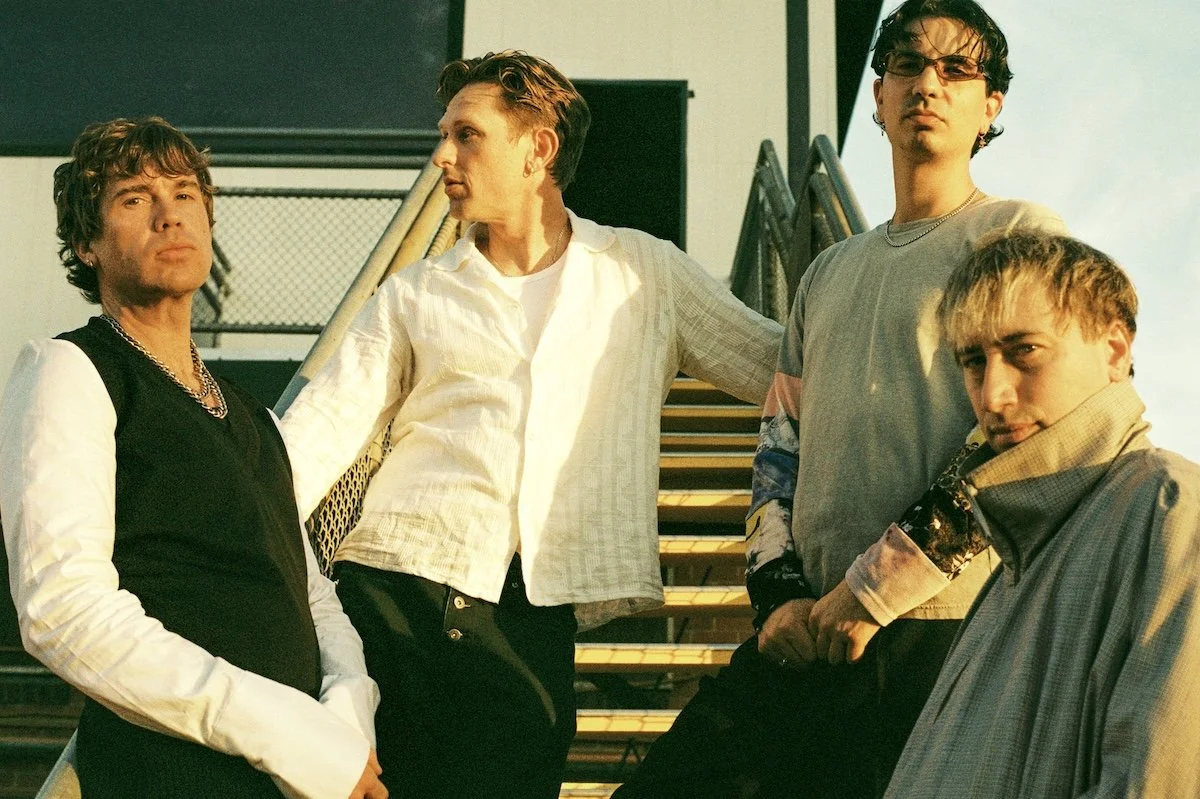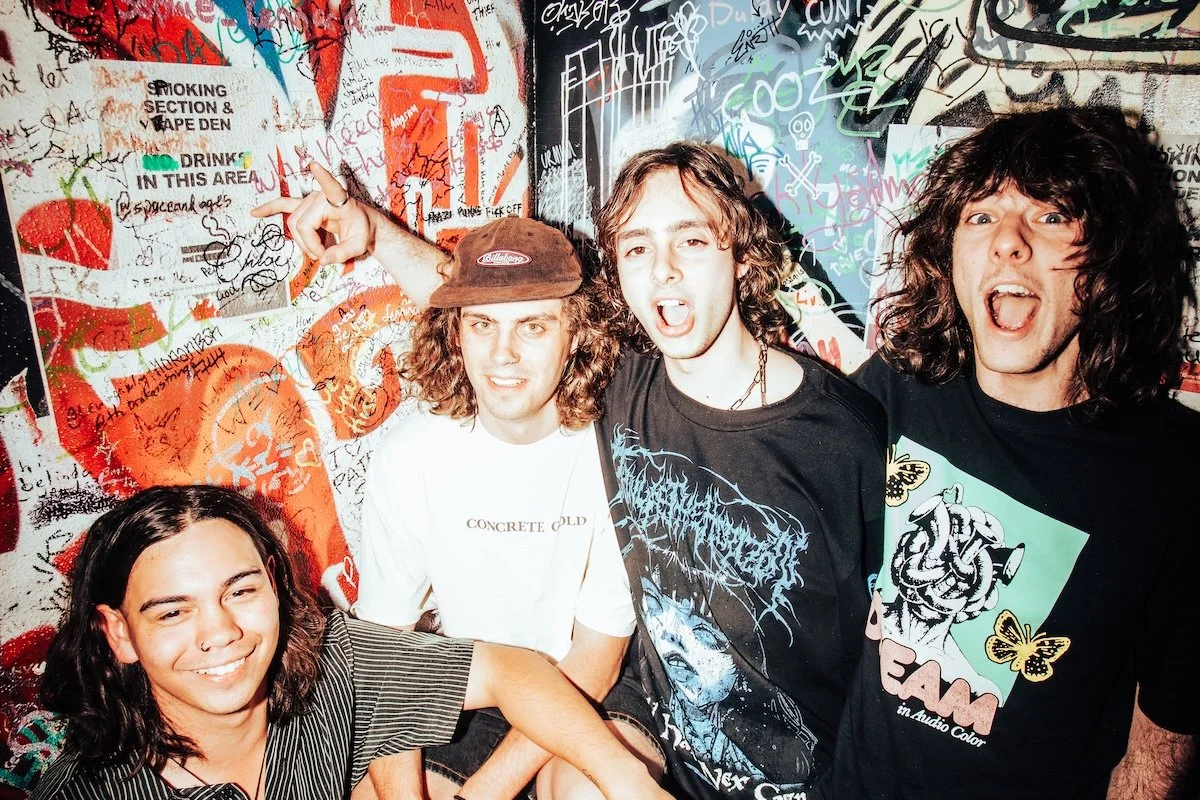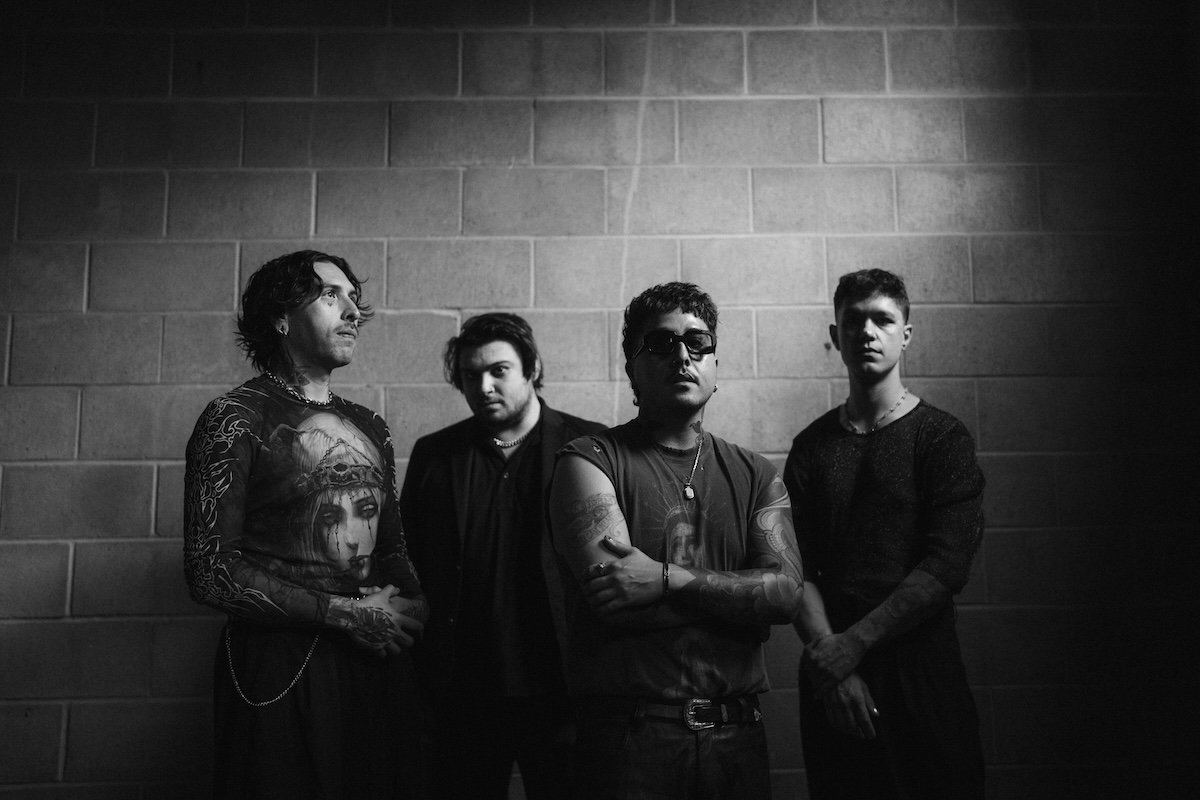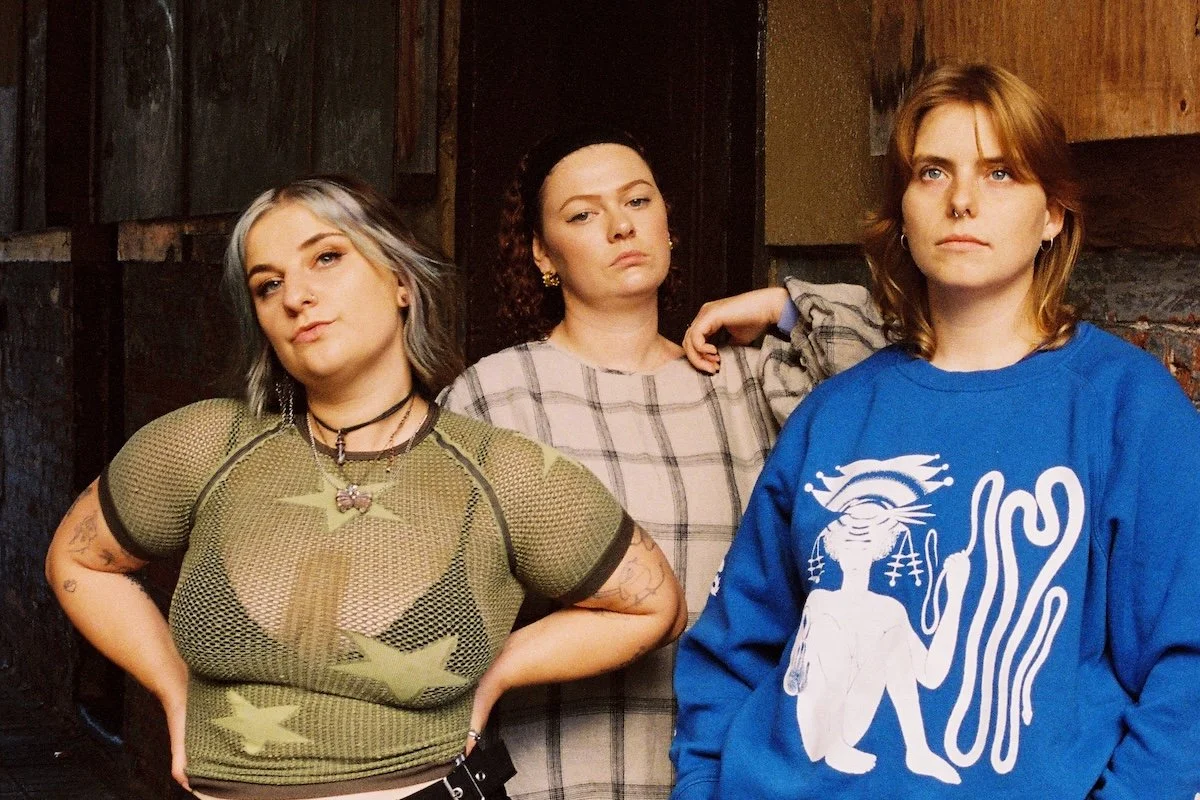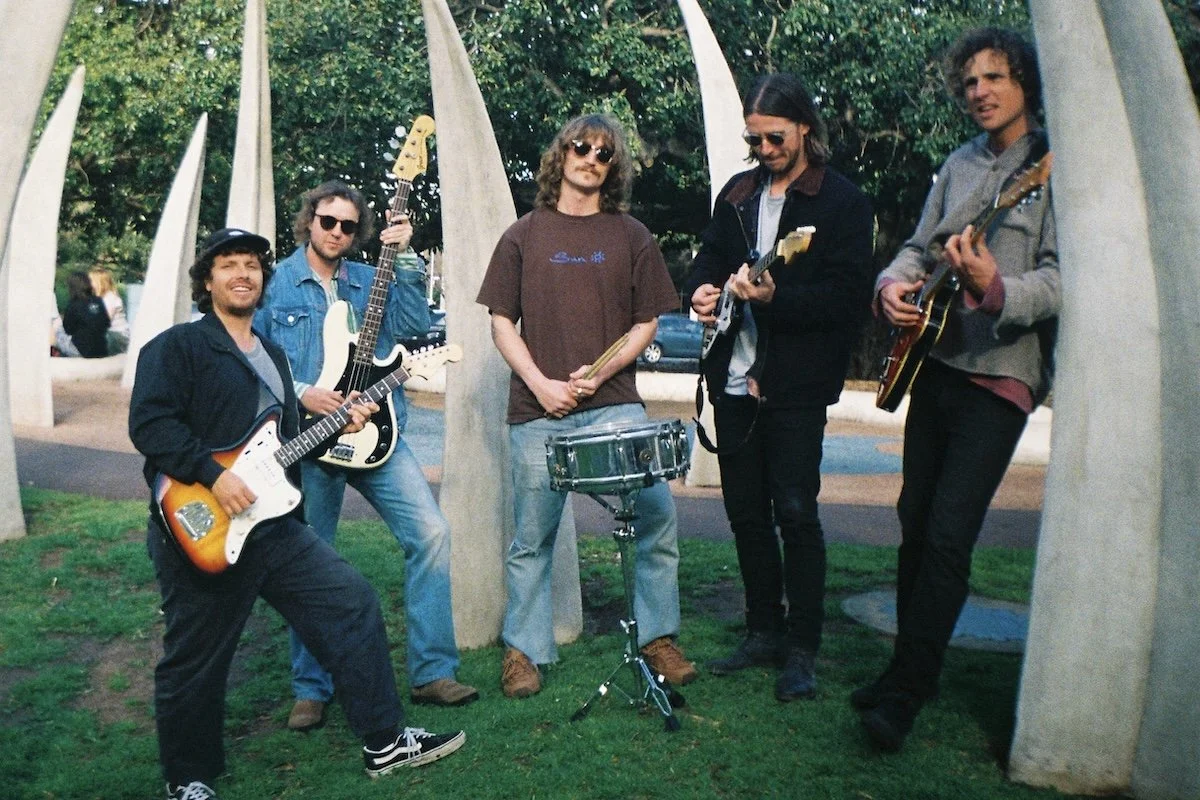The Return of M.I.A.: Connection, Controversy and the ‘MAYA’ Era Reborn
The artist behind ‘Paper Planes’ talks digital takeover, Julian Assange and finding joy through music.
Words Millah Hansberry // Image supplied
Straight off the stage from soundcheck at South Australia’s Harvest Rock Festival, Sri Lankan–British rapper, singer and provocateur M.I.A. sits down with The Note and wastes no time defining her purpose in the world. For the ‘Paper Planes’ and ‘Bad Girls’ hitmaker, this year marks 20 years since her groundbreaking debut Arular, 15 years since her third album MAYA’s release, and six years since she last set foot on Australian soil. But despite the twenty-year milestone, it’s MAYA, her fiercely experimental third record, that she feels resonates most strongly today.
M.I.A.’s purpose, she says, is simple: to be a beacon, sharing her message with the world and connecting with audiences on a higher level. That connection has always been central to M.I.A.’s story, and fittingly, it was in Australia where she first felt it. A feeling she’s been chasing ever since.
“My first time in Australia, I was playing Big Day Out in Adelaide,” she recalls. “Somebody threw a circle glow stick chain on the stage, and I managed to catch it and threw it in the same second, and the thing flew and landed on his head like a halo. I felt like a superhero in that moment.”
This was more than a fun stage story for M.I.A., it was a revelation. “That moment explained to me the flow and the importance of flow of things,” she says, nodding thoughtfully. “As an artist, when you get on stage, you're either connected to your audience and your fans, or you're not. That showed me for the first time how you can be so connected to the show and that’s the most important thing. To me, it doesn't matter about the sound. That moment will always be like a pinnacle of my greatest achievements. That was definitely the first amazing connection, beyond a normal connection.”
M.I.A.’s return to Australia after all these years, she explains, was prompted by the release of Australian WikiLeaks founder Julian Assange, after years of imprisonment in the UK. She explains that after supporting his cause for so many years, she knew seeing him home marked the right time for her to return.
“Julian Assange is free, and he's somewhere wandering around Australia,” she says. “And with all of that work I did 15 years ago to support this Australian, it's nice to come where this man is a national gem. I was the number one supporter of this crazy Australian, and to see him in his natural environment - back being free makes it worth coming now.”
That sense of purpose and deep political roots have always driven her music and career. While M.I.A. could “make banging music in her sleep,” as she puts it, her art has never been about chasing hits. Instead, it’s about vibration, identity, connection and evolution.
READ MORE: Fanny Lumsden Gives Us Her Blood, Sweat and Tears
And it’s her album MAYA that she perceives is so relevant for right now; a record written fifteen years ago that discusses digital privacy and information politics. When asked why MAYA is so relevant now, she opens the floodgates on why she perceives the album’s message to be so important, and how being ahead of the curve has led to higher powers “using the system to create noise” about her, to vilify and de-credit her.
“We’re in the digital takeover era”, she states with an intense, meaningful look in her eye. “All of our financial systems are online; we have to have digital IDs. So, we are in the MAYA era in that sense.”
She muses that what the masses extracted from that album was the “hyper pop sound”, not the message. “We have pop stars now who are like slaying left, right and centre, but what the fuck are they slaying? Anyone can slay a look, anyone can be pretty, anyone can be stylish. Now it's not hard, and now we’ve got AI, you could just create that shit without ever getting out of bed. But in terms of social justice and social politics, what are they saying?” It’s that tension between style and substance that continues to drive M.I.A.’s creative fire.
M.I.A. has never shied away from speaking her mind. Her brushes with controversy extend from sticking up the middle finger at the 2012 Superbowl Halftime show (and copping a $16.6 million fine), publicly stating she would “choose death”, over getting a COVID-19 vaccination, and recently starting a clothing brand titled ‘OHMNI’, selling tin foil hats, and clothing lined with silver that claims to "block 99.99 per cent of Wi-Fi, 4G, and 5G from reaching your brain”. But despite a career punctuated by backlash, she insists her focus has always been global, not personal.
“I write about subject matter that affects the rest of the world,” she says. “That’s always been the message of M.I.A. It’s not all heavily rooted in my absolute niche of an identity.”
She explains, back in her early records, her frustration and trauma had to be felt through the music, as it was the only way she knew how to process these emotions. “When I first wrote my music in 2005, I used to think that my baselines needed to be as heavy as the hardest thing I felt,” she says. “If you'd felt punched in the stomach by society, your baseline had to punch you harder.”
Today though, she’s after something different. Her growth, sonically and spiritually, defines her current creative outlook. “When I made the MAYA record, speakers literally caught fire because I used to drive the low end so hard,” she says. “Now I’m about lifting the global vibration, because everyone needs help. Those that suffer trauma perpetuate trauma, and some people do need healing. You have to start building people out of it.”
She explains how in her new releases, she purposefully takes the low ends out of her music, to show evolution and “take people higher”.
As protests rumble across the world and frustration simmers over politics, climate and identity, M.I.A. remains focused on the power of joy and connection; and that is the energy she is bringing to Adelaide, Melbourne and Sydney this month. Spreading hope and joy in a turbulent world.
“We're living in crazy times, but now and again, we have to find pockets of hope and joy and celebration. And I think that's also part of my music, you know? I want people to rock up and be non-apologetic,” she smiles. “Sometimes, you need release and relief. Providing a safe space to be crazy as you want to be and as serious as you want to be - that’s what my shows are for.”
M.I.A. plays Harvest Rock Festival in Adelaide on Saturday October 25, at Forum Melbourne with Miss Kaninna on Sunday October 26, and at the Enmore Theatre in Sydney with Anna Lunoe on Wednesday October 29. Tickets on sale now via Secret Sounds.



